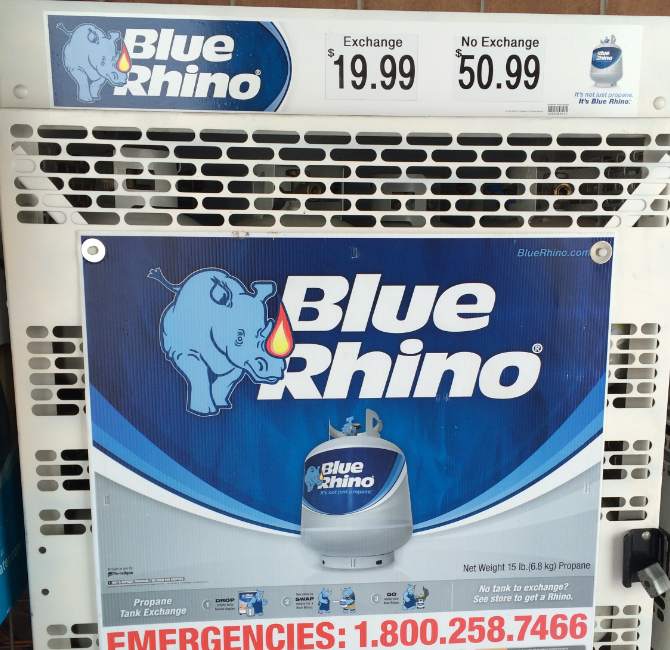

In its complaint, the FTC cited numerous phone calls between Blue Rhino’s Vice President of Sales and AmeriGas’ Director of National accounts about the Walmart negotiation. The FTC alleged that Blue Rhino and AmeriGas talked about Walmart’s resistance and agreed that they each would demand that Walmart accept the fill reduction.



10 The largest propane exchange tank consumer, Walmart, pushed back on both companies and did not want to agree to the fill decrease. 9 Then on June 20, 2008, after the conversations with Blue Rhino, AmeriGas’s management produced a draft budget with a plan to reduce the fill level of propane exchange tanks from seventeen to fifteen pounds. AmeriGas abandoned the plan out of concern that it would be at a disadvantage if competitors did not follow its lead. 8 Unbeknownst to Blue Rhino, months earlier, AmeriGas had unilaterally contemplated changing the fill level on its propane exchange tanks. 7 Specifically, the complaint alleges that Blue Rhino’s President and AmeriGas’s Director of National Accounts spoke to each other on the phone seven times within thirty hours, beginning on June 18, 2008. Recognizing that it would be at a competitive disadvantage if the changed fill level was implemented unilaterally, Blue Rhino decided to inform AmeriGas of its plans to reduce the fill level without a corresponding price decrease. According to the FTC, this reduction in fill level was “in effect a 13% increase in the price of propane.” 6 As the price of propane, steel and diesel fuel began to rise, Blue Rhino decided to combat the increasing costs by decreasing the fill level to fifteen pounds, without changing the price of the exchange tanks. Prior to April 2008, Blue Rhino and AmeriGas had been filling exchange tanks with seventeen pounds of propane, as was the industry standard. 4 For example, according to the FTC, Walmart is the largest propane exchange tank retailer in the US, and Blue Rhino supplied 60% of Walmart locations, while AmeriGas supplied approximately 35% of Walmart locations. 3 No other competitor served more than 9% of the market, and no other competitor could supply large national retailers, like Walmart, Lowe’s and Home Depot. These steel tanks pre-filled with propane typically are purchased by consumers through retail stores, including home improvement stores, hardware stores, mass merchandisers, supermarkets, and then when empty, the tanks are exchanged for another pre-filled tank.Īccording to the FTC, in 2008, Blue Rhino controlled approximately 50% of the US wholesale propane exchange market, while AmeriGas controlled about 30%, making the two companies the largest suppliers of propane exchange tanks in the US. In the US, consumers typically use propane exchange tanks for barbecue grills and patio heaters. 1 According to its Macomplaint, the FTC alleged that the two companies agreed to reduce the amount of propane in their tanks without implementing a price reduction, which had the effect of raising the price per pound of propane sold. On October 31, 2014, the Federal Trade Commission (“FTC”) agreed to a settlement with Blue Rhino and AmeriGas Cylinder Exchange, the two leading suppliers of propane exchange tanks, regarding FTC charges that the companies agreed to fix the prices of propane exchange tanks.


 0 kommentar(er)
0 kommentar(er)
